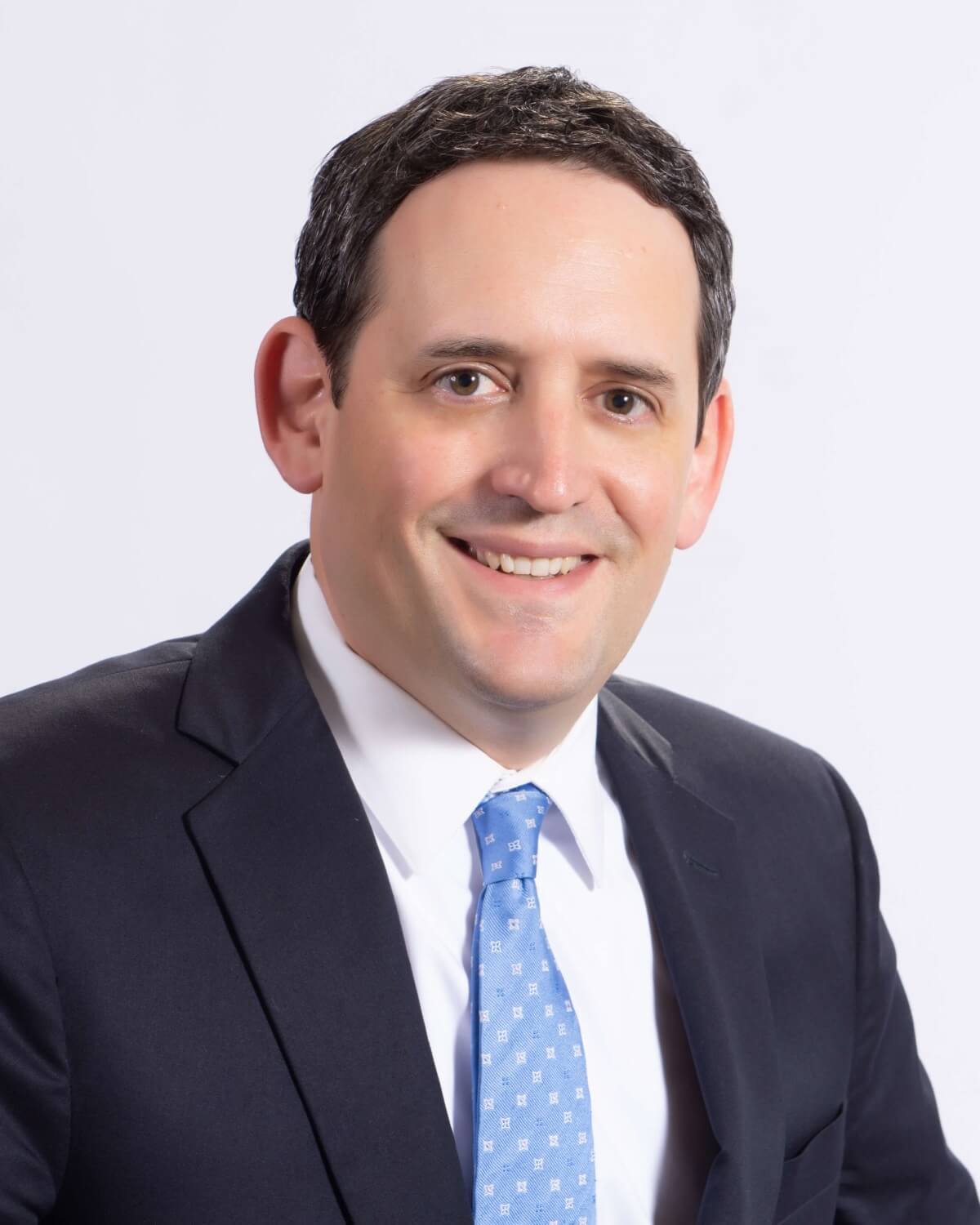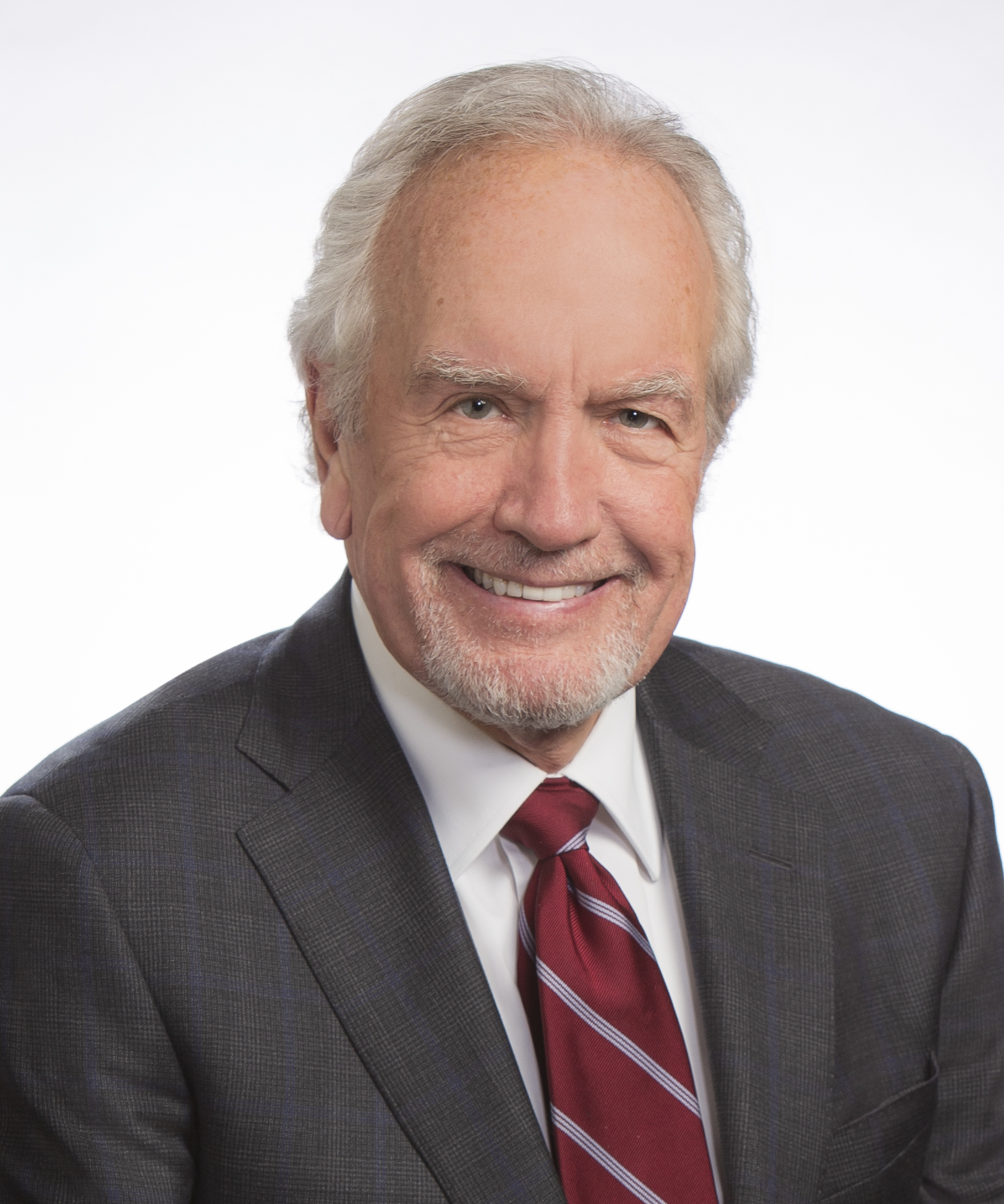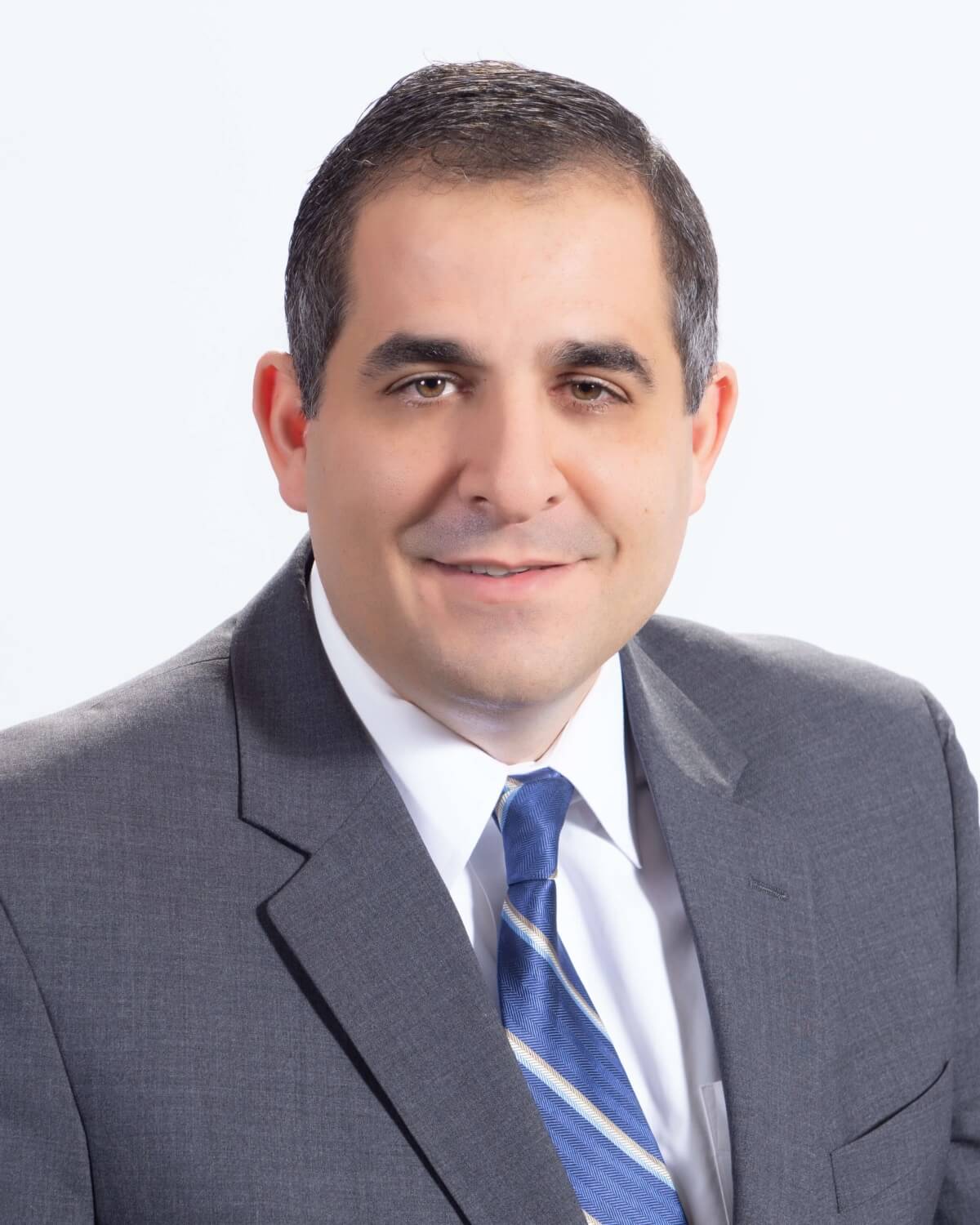KHVPF Insight

Labor Law Developments
Union Elections Are Skyrocketing.
The National Labor Relations Board recently reported that during the first half of fiscal year 2024, union election petitions rose 35% over the same period last year. That major jump is attributable to both: (1) an increase in “RC petitions” filed by employees – that is, a petition for an election requiring signatures of at least 30% of the members of a potential bargaining unit; and (2) a surge in “RM petitions” filed by employers for an election to determine whether adequate support for a new union exists.
The increase in RM petitions filed by employers resulted from the Board’s August 2023 Cemex decision. In that case, the Board held that if a union requests recognition based on purported majority support by employees in a bargaining unit, then the employer must either recognize the union or quickly (within 2 weeks) file an RM petition. Before Cemex, the employer could simply refuse to accept the union’s evidence of majority support, putting the burden on the union to file an RC petition. Under Cemex, employers who wish to avoid recognizing a union have little choice but to file an RM petition. And the NLRB’s recent statistics confirm that many employers are doing just that.
The Board also announced that unfair labor practice (“ULP”) charges were up 7% in the first half of fiscal year 2024 compared to the same period last year. That follows an increase of 10% in ULP charges filed in fiscal year 2023 and a 19% increase in ULP charges in fiscal year 2022. To say the very least, the agency is busy.
NLRB General Counsel Seeks Enhanced Remedies.
On April 8, 2024, the General Counsel of the NLRB issued a memorandum directing the Regions to seek “full make-whole remedies” for all employees harmed by unlawful work rules, even if those employees were not identified in the underlying ULP investigation. Under this directive, it is no longer sufficient for the employer to simply rescind an unlawful work rule. Rather, the employer must now expunge any discipline issued under the subject rule and make all of the disciplined employees whole – for example, by issuing backpay and reimbursing them for a broad array of expenses incurred as a result of the discipline. According to the GC’s memo, there is an exception if the employer can show the disciplined employee’s conduct actually interfered with the employer’s operations and it was that interference – and not reliance on the unlawful rule – that led to the employer’s discipline.
In August 2023, the Board adopted a new legal standard in Stericycle Inc., that made work rules presumptively unlawful if they had “a reasonable tendency to chill employees from exercising their rights” under the NLRA. That employee-friendly legal standard makes it substantially easier for work rules to be deemed unlawful. And under the GC’s recent directive, the expungement and broad backpay remedies will be available to all of those disciplined under unlawful work rules – not just to the individual employee who filed the ULP charge.




